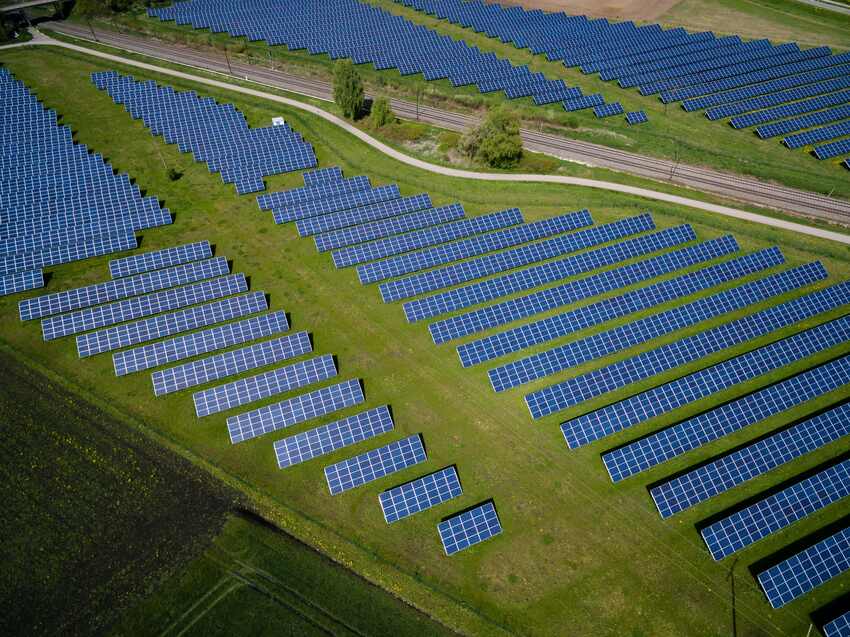The renewable energy industry has emerged as a pivotal player in disaster mitigation and resilience, ushering in a new era of sustainability and preparedness. In the face of escalating climate-related challenges, this sector is not only transforming the energy landscape but also contributing significantly to efforts aimed at minimizing the impact of natural disasters.
Sustainable Infrastructure for Resilient Communities
One of the primary ways in which the renewable energy industry fosters disaster resilience is through the development of sustainable infrastructure. Solar and wind power projects, for instance, provide decentralized energy sources that are less susceptible to disruptions during disasters. By promoting the use of clean energy, these projects contribute to reducing greenhouse gas emissions and mitigating the long-term impacts of climate change, which is essential for building resilient communities.
Emergency Power Supply and Grid Resilience
Renewable energy sources, particularly solar and wind, play a crucial role in ensuring emergency power supply and grid resilience. In the aftermath of disasters such as hurricanes or earthquakes, traditional power infrastructure may be severely compromised. Microgrids powered by renewable energy sources offer a decentralized solution, providing communities with a reliable and independent power source, enhancing their ability to respond and recover swiftly.
Innovative Technologies and Predictive Analytics
The renewable energy industry is also actively engaged in the development and application of innovative technologies and predictive analytics. Advanced weather forecasting, powered by renewable energy data, enables more accurate prediction of extreme weather events. This allows for proactive measures to be taken, such as adjusting energy production or reinforcing critical infrastructure, reducing the potential impact of disasters on energy systems.
Decentralized Energy Access in Disaster-Prone Areas
In disaster-prone areas with limited access to centralized power grids, renewable energy technologies offer a lifeline. Solar panels and small-scale wind turbines provide decentralized energy solutions, ensuring that even remote and vulnerable communities have access to reliable power. This access is crucial for running essential services such as medical facilities, communication networks, and water purification systems during and after disasters.
Building Global Resilience Through International Cooperation
The renewable energy industry fosters global resilience by promoting international cooperation and knowledge exchange. Collaborative efforts in research and development, as well as the sharing of best practices, contribute to building a collective resilience against the growing threats of climate change. Through partnerships and investments in sustainable energy projects worldwide, the industry works towards creating a network of resilient communities capable of withstanding and recovering from disasters.

